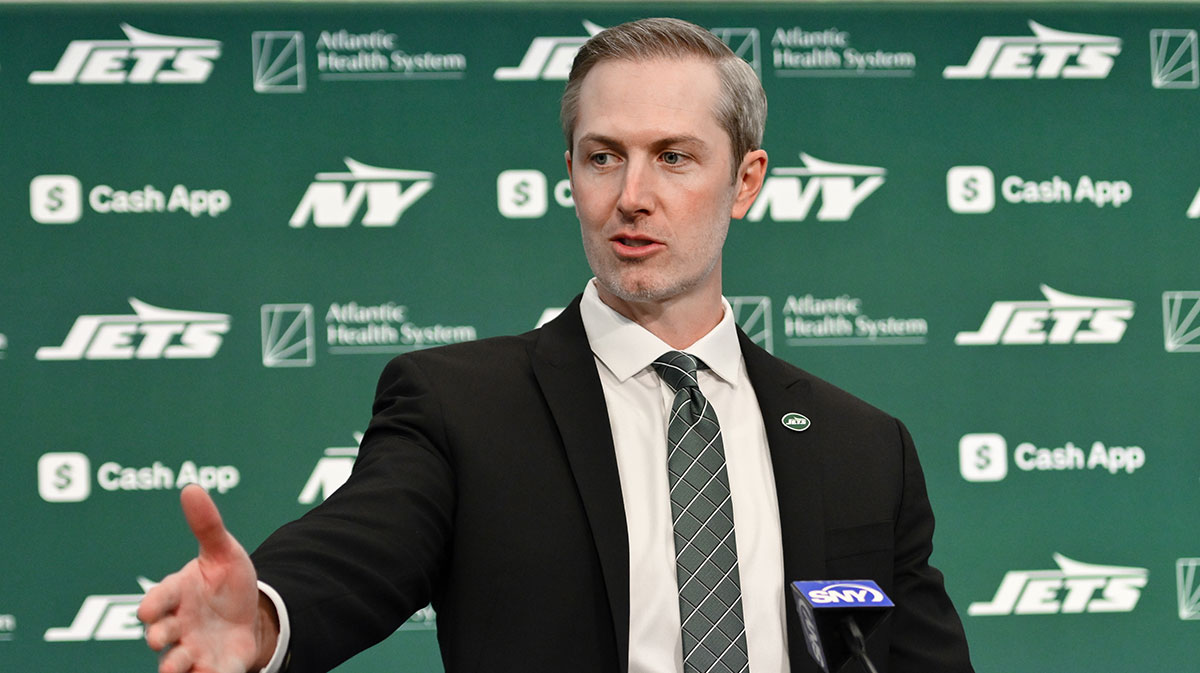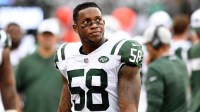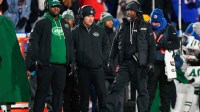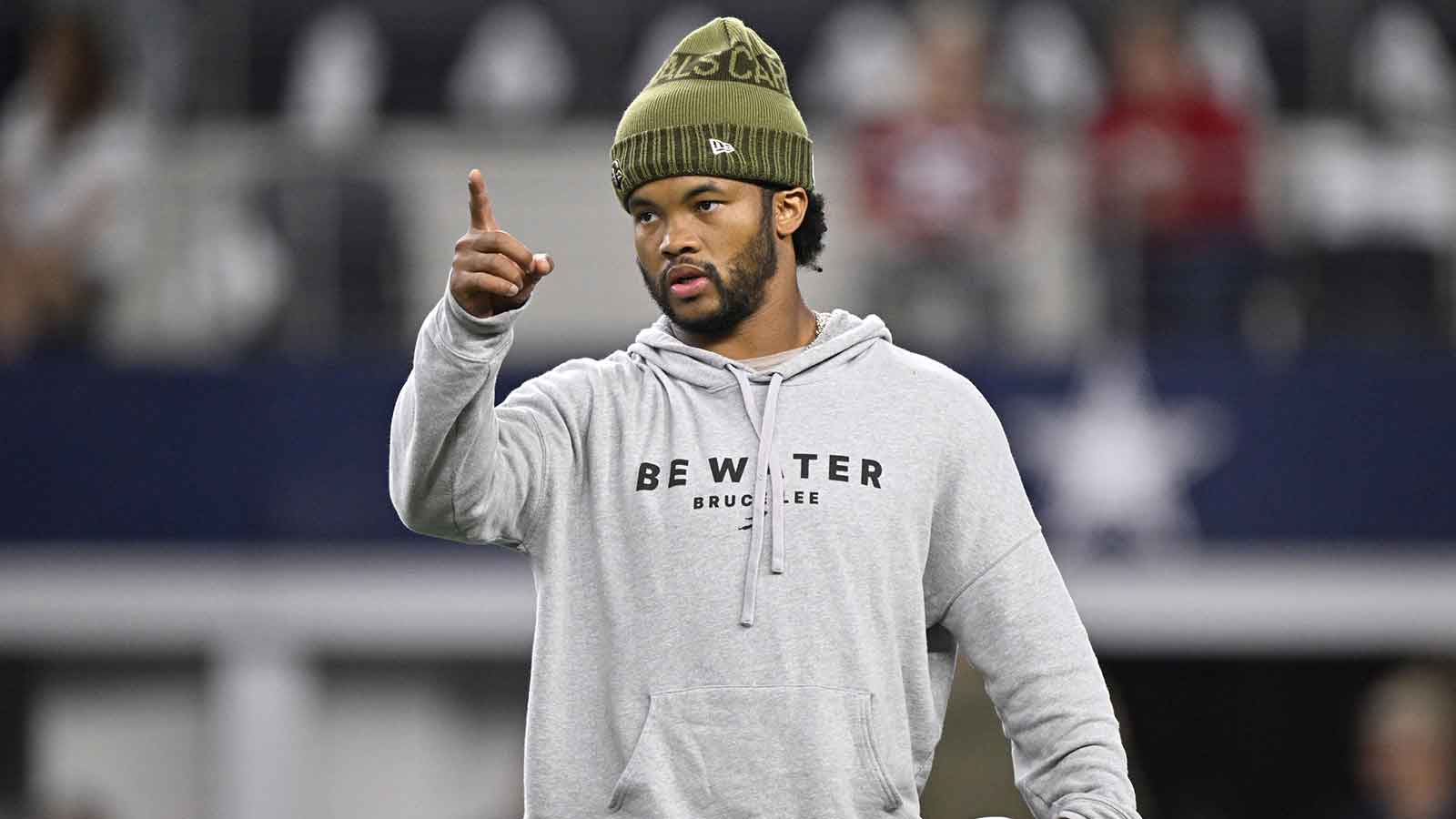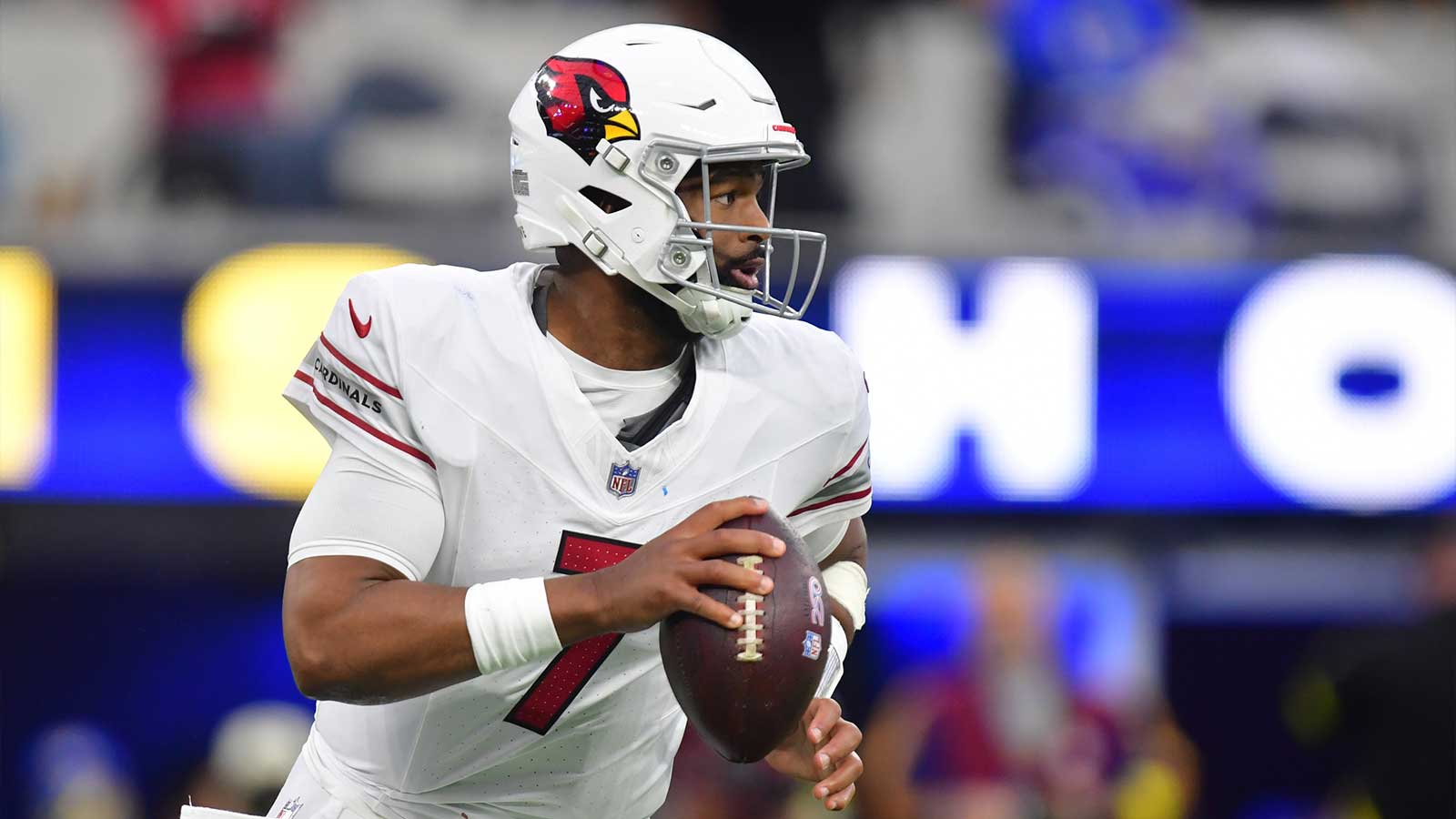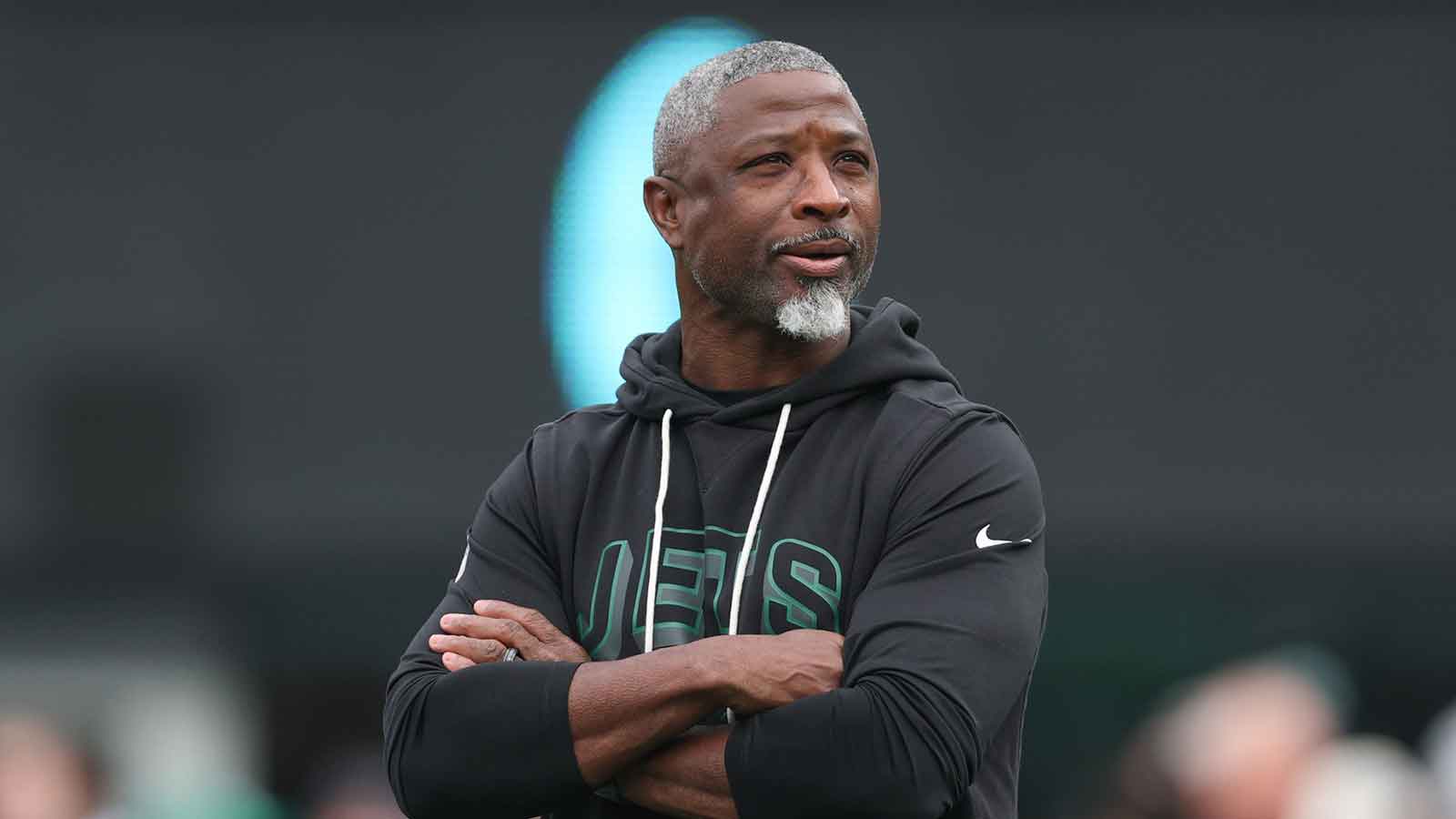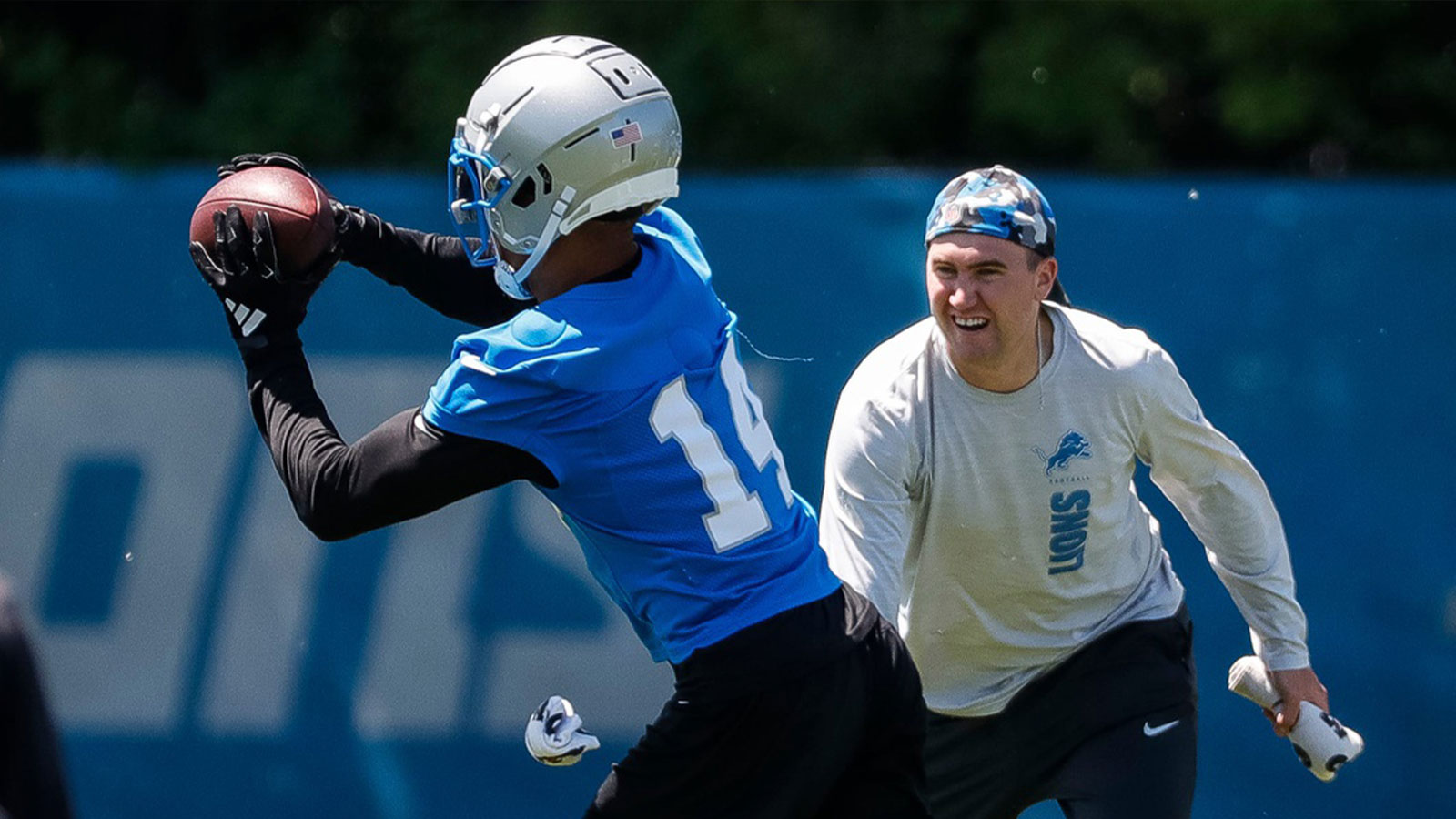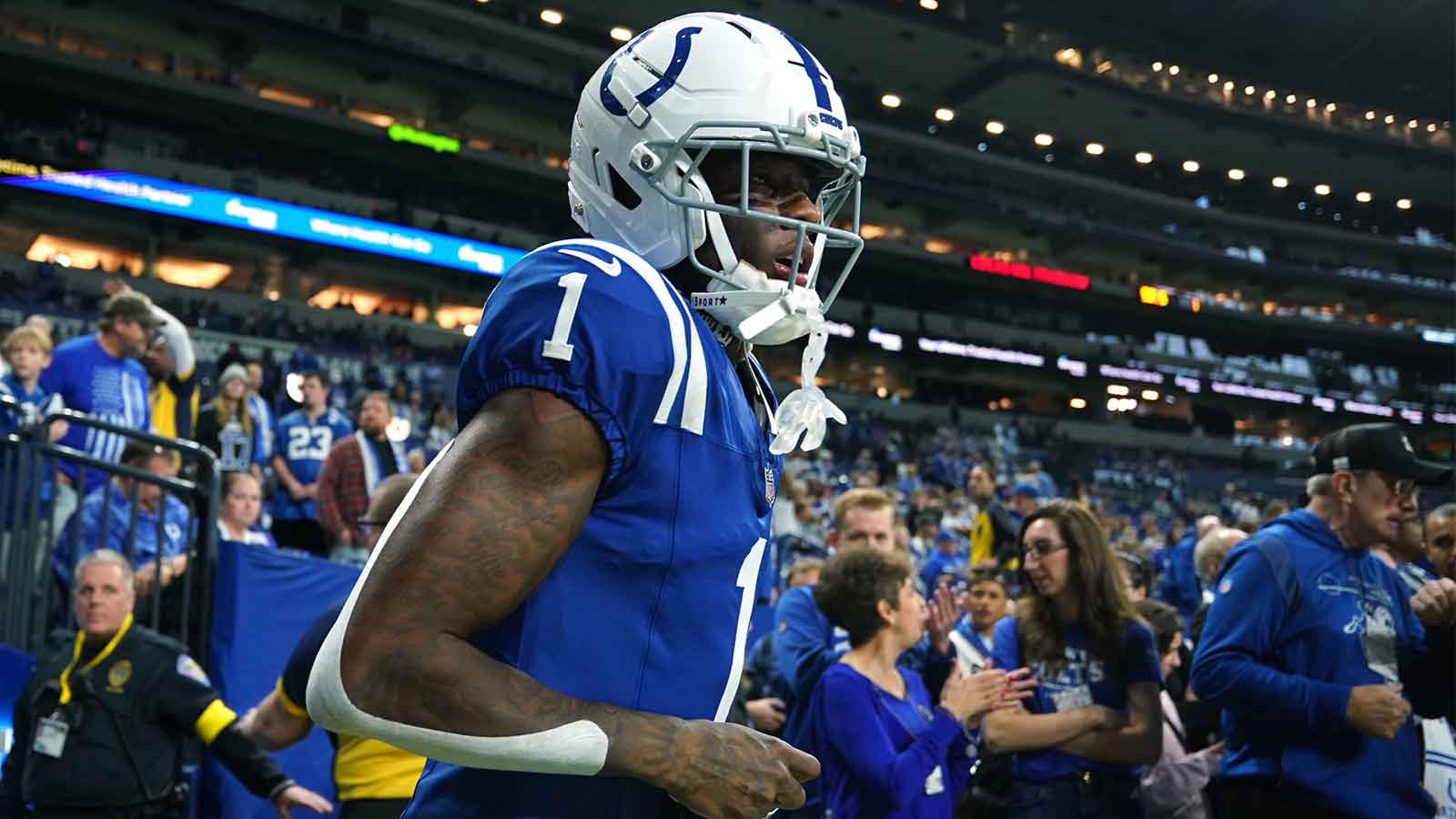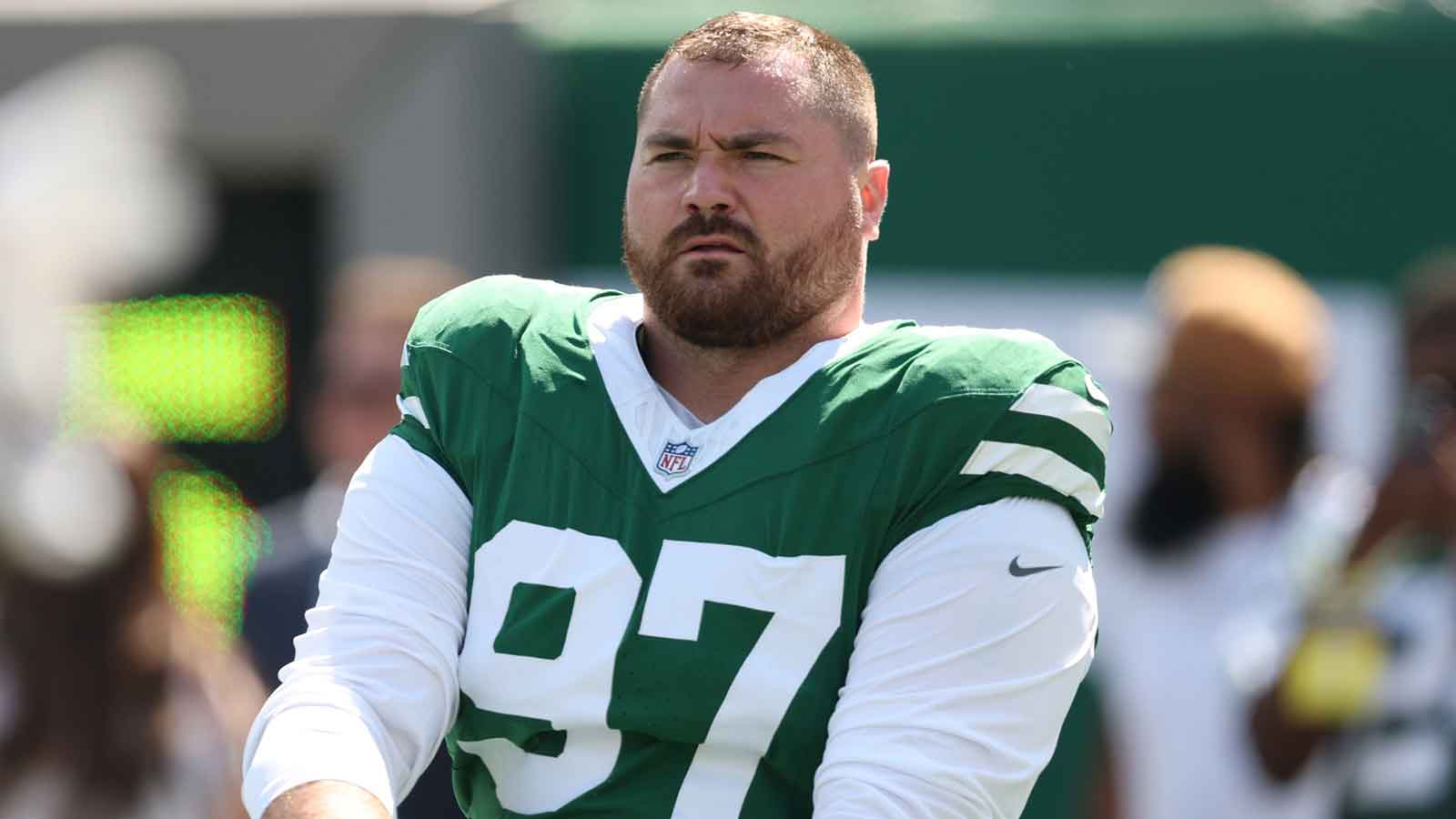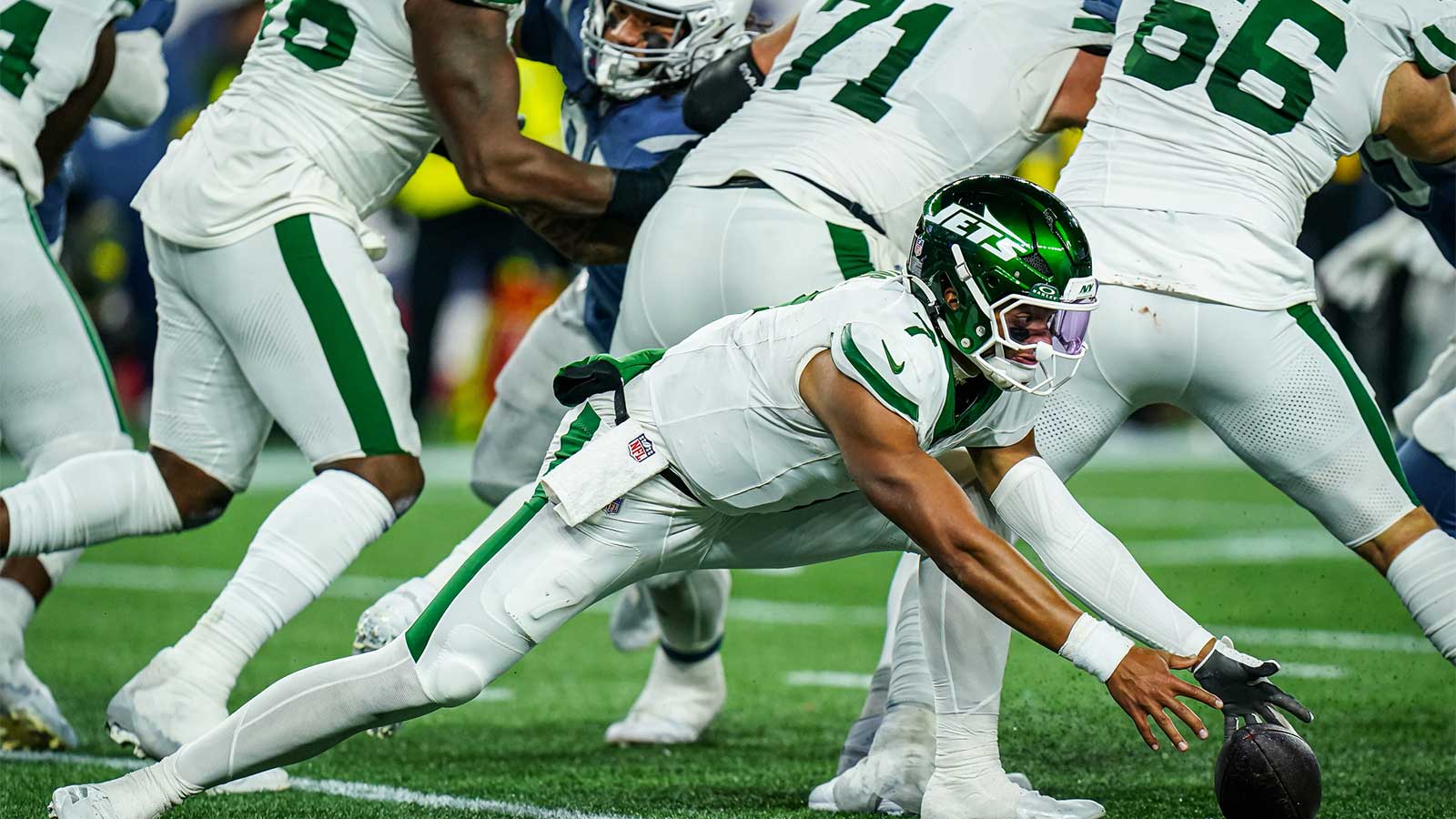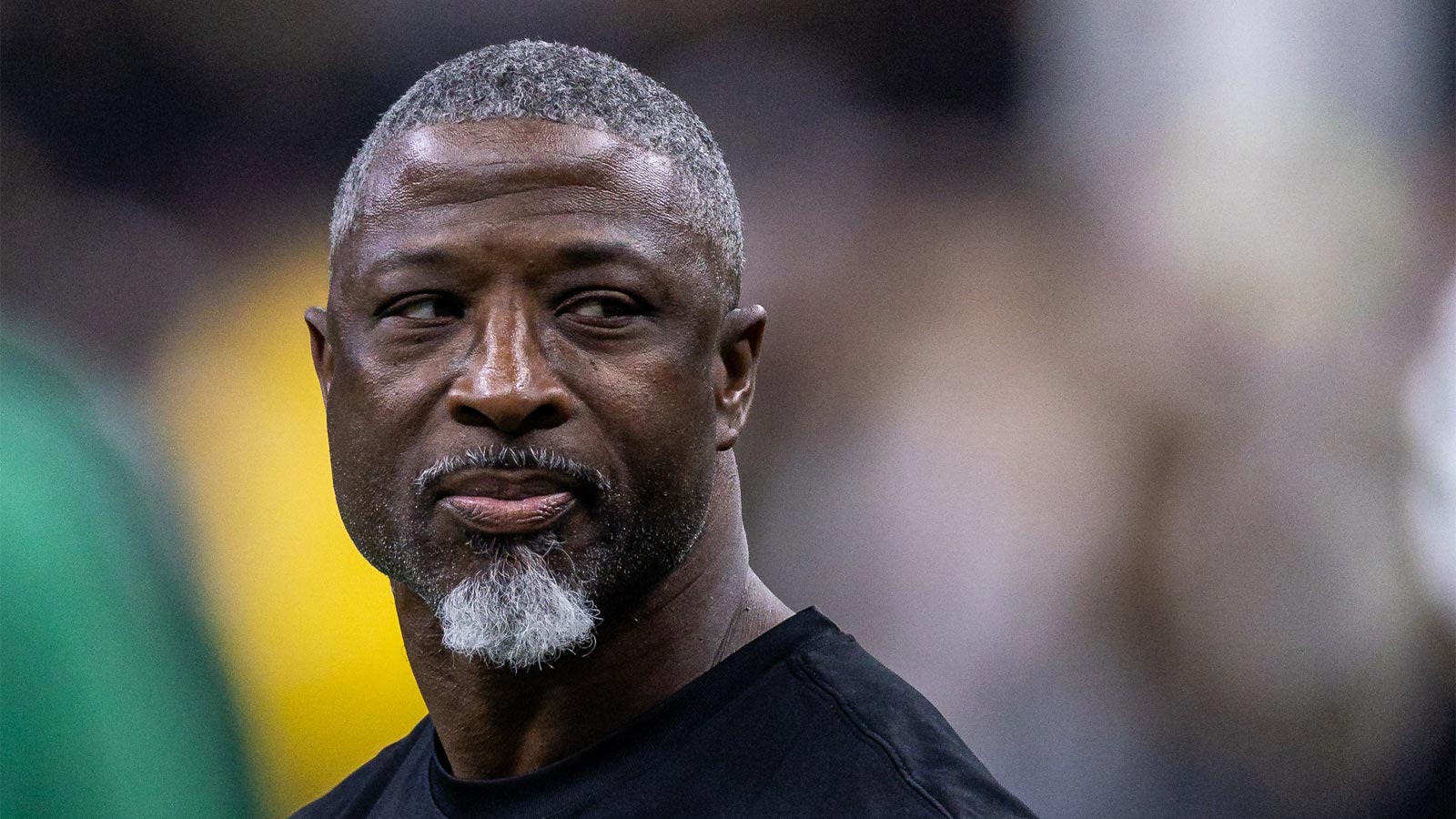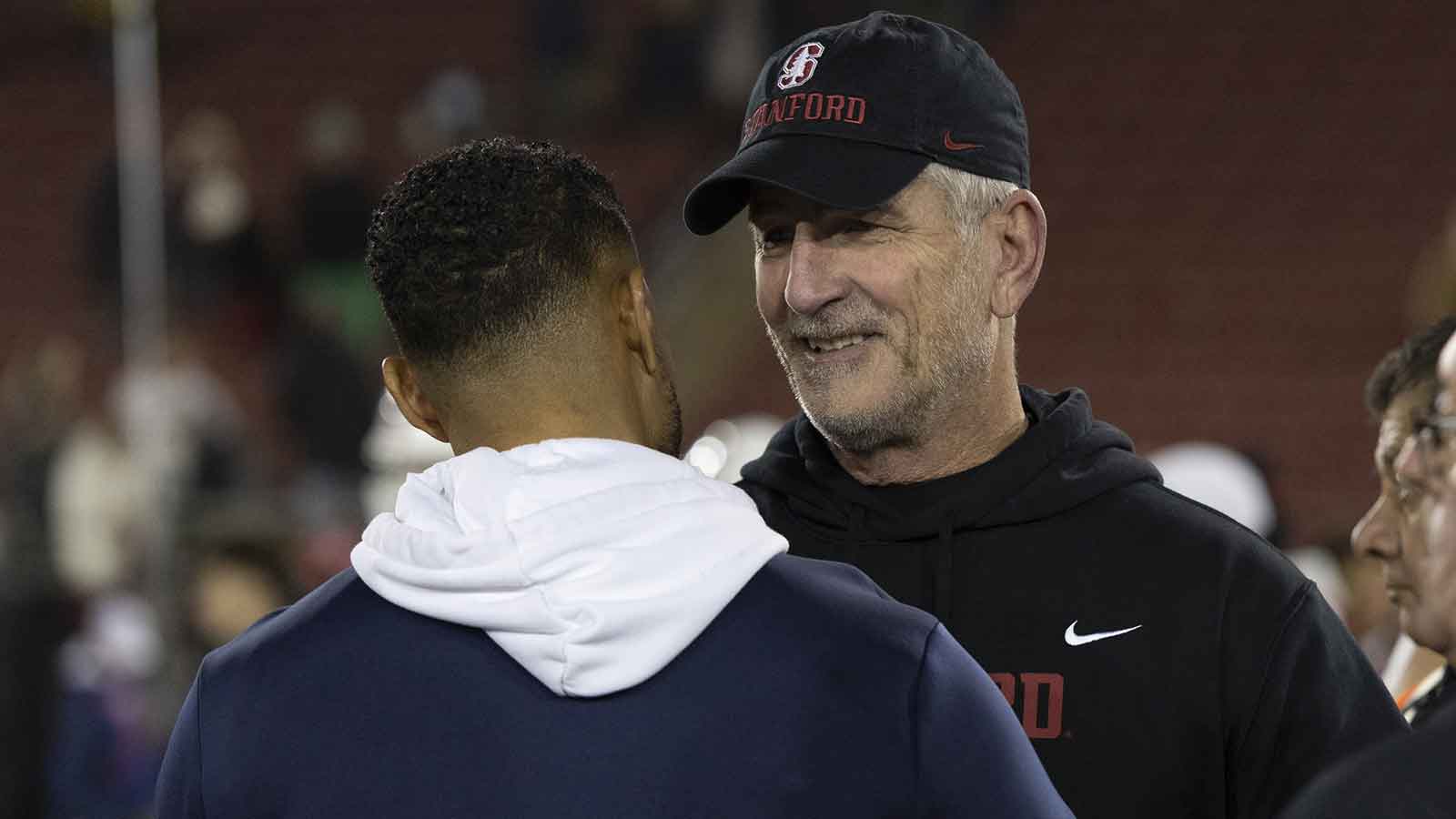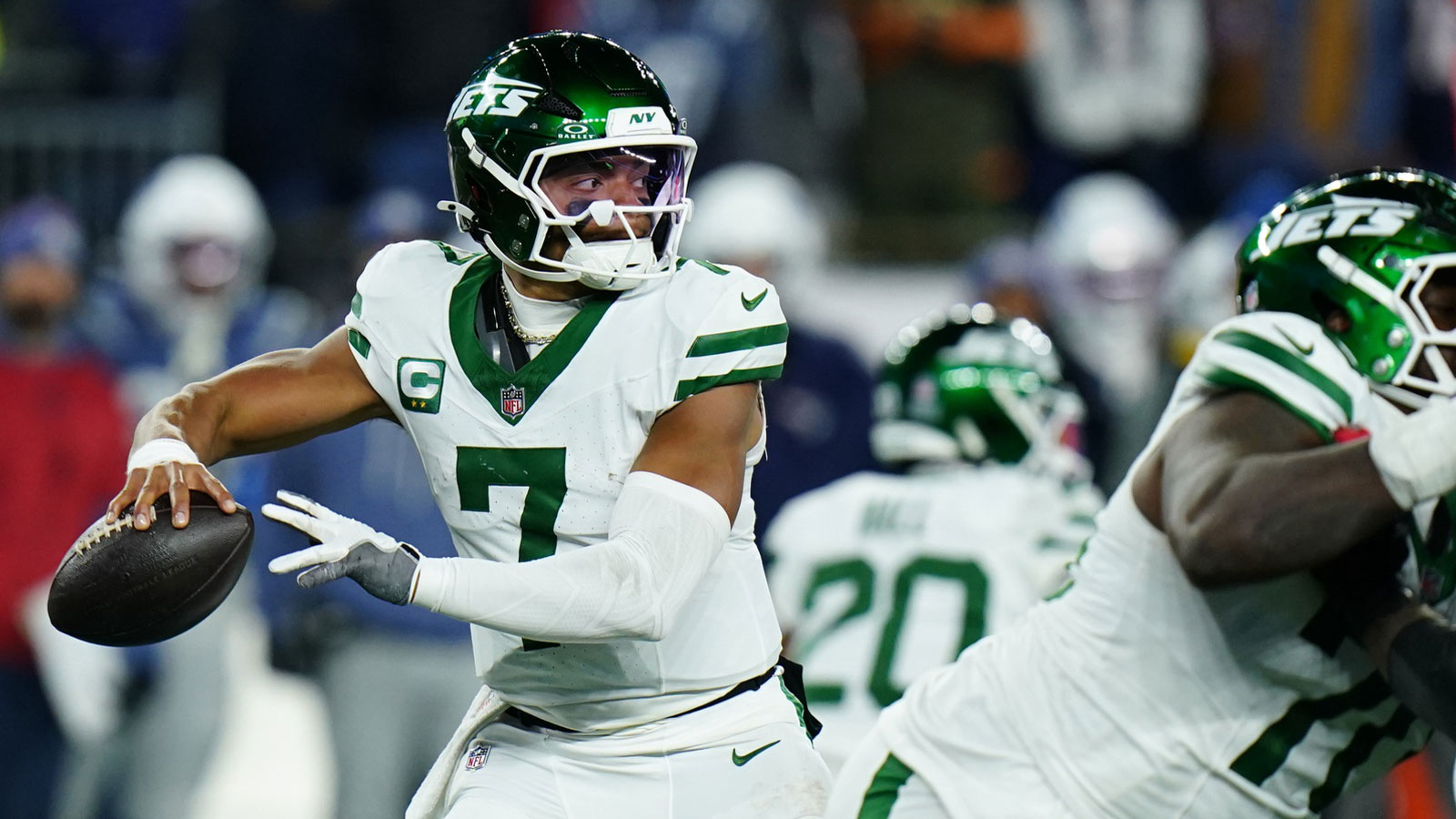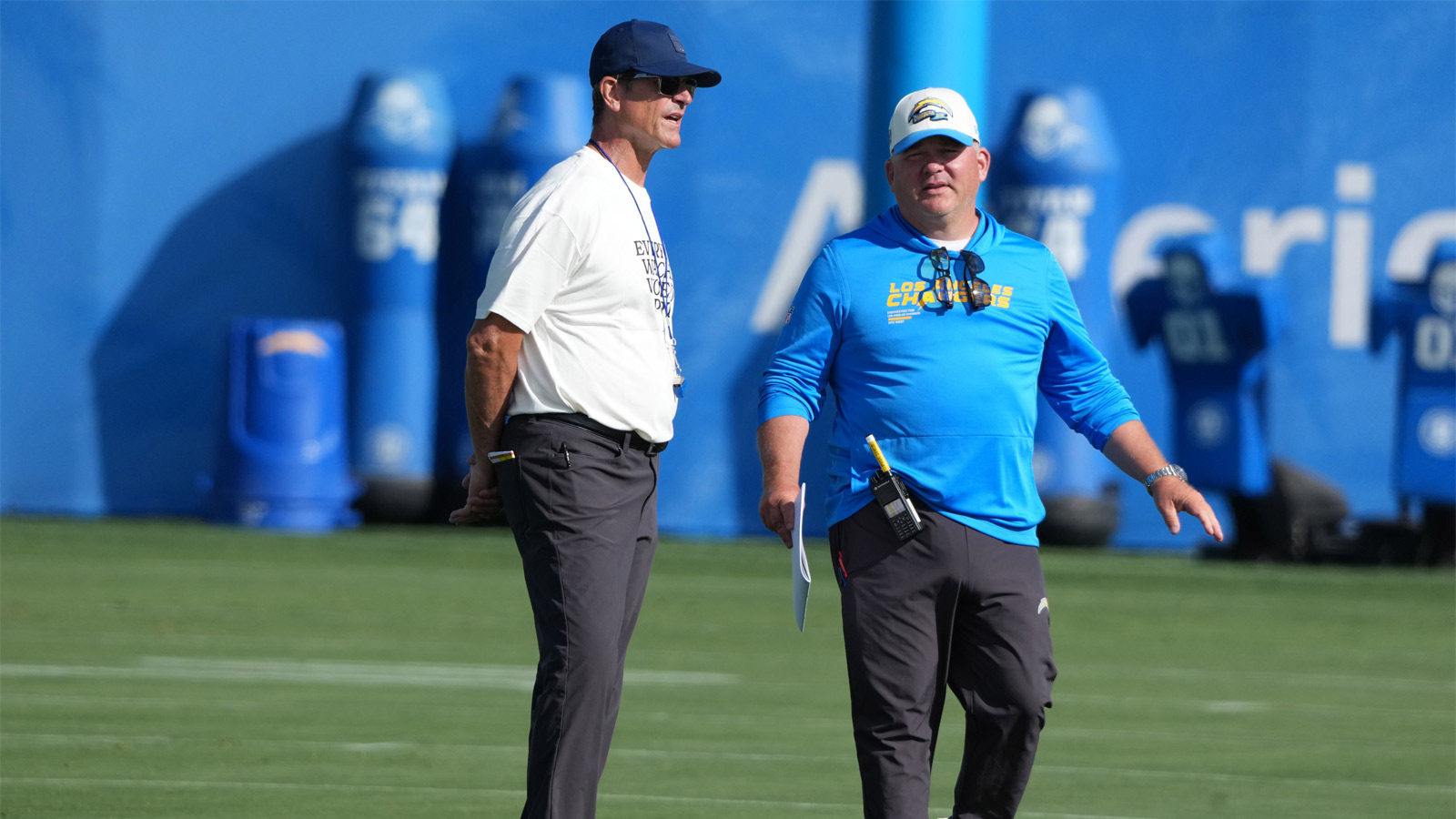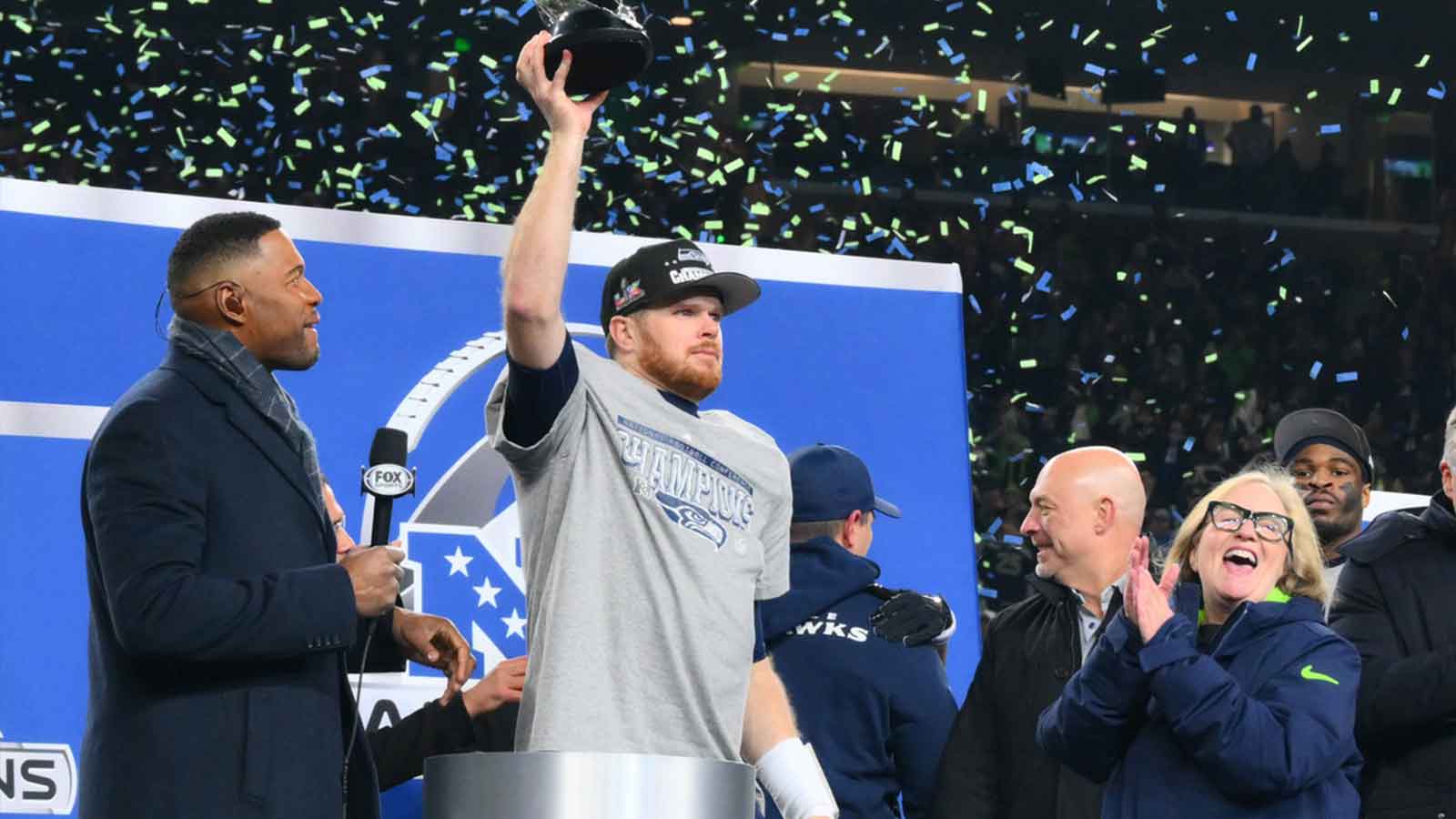With a fairly manageable schedule and intriguing roster, the New York Jets could theoretically surprise people next season. But they do not necessarily need to clinch a long-awaited playoff berth for the campaign to be considered a success. A new culture and clear on-field improvement will suffice. Completing those crucial objectives revolves heavily around the quarterback.
Following the deflating Aaron Rodgers era, which had many problems beyond the future Hall of Famer himself, the Jets are looking to get significantly younger and faster under center. They signed Justin Fields to a two-year, $40 million contract that includes $30 million guaranteed, believing there to be previously unfulfilled promise that is just waiting to bust out. This critical decision could determine how this new regime fares in the Meadowlands.
With such high stakes, one would assume that adding the supremely athletic yet seemingly limited QB constitutes the Jets' biggest gamble of the offseason. Not quite. While there are definitely reasons to worry about this commitment — struggled to break out as a passer with both the Chicago Bears and Pittsburgh Steelers and will now play under a defensive-minded head coach in Aaron Glenn — I understand why management scooped him up.
Fields' elite rushing ability can give the offense vital versatility that it has lacked for some time. Moreover, the former Ohio State star is only 26 years old. If he can find consistent success in the pocket, the Jets might have solved their perennial quarterback conundrum for the foreseeable future. Fields' upside makes this an acceptable wager. But new general manager Darren Mougey did not hedge his bets.
When trusting an unpredictable QB, it behooves a team to keep its options open. New York went all in on Fields for this season, boldly opting not to further address the position.
Jets should have been more flexible
Perennial moribund squads do not regenerate without trying something new. However, choosing not to install a safety net is a dangerous chance to take, one that could further postpone the team's long-awaited return to relevance.
Beyond the damage such a risk can do to their own reputations, Mougey and Glenn should consider the distress another misfire can cause for this incredibly patient fan base. Again, Fields has the skill set to succeed in the right situation, but he has a spotty track record that requires management to take precautionary measures.
Fields is either a wild card who can develop into a long-term starter, or he is there to bridge the gap until the front office finds another franchise quarterback candidate. Based on how New York assembled the QB room, it looks as if the two-time Big Ten Offensive Player of the Year has a stronghold on the No. 1 slot.
I am all for building up a young athlete's confidence, but the Jets cannot afford to give him the keys to the car without also purchasing insurance. If it was not clear by now, these excessive analogies are all intended to drive home an important point that I probably should have spelled out by now. New York could have prepared for all outcomes by simply selecting a quarterback in the 2025 NFL Draft.
The front office did not need to put all their chips on Fields
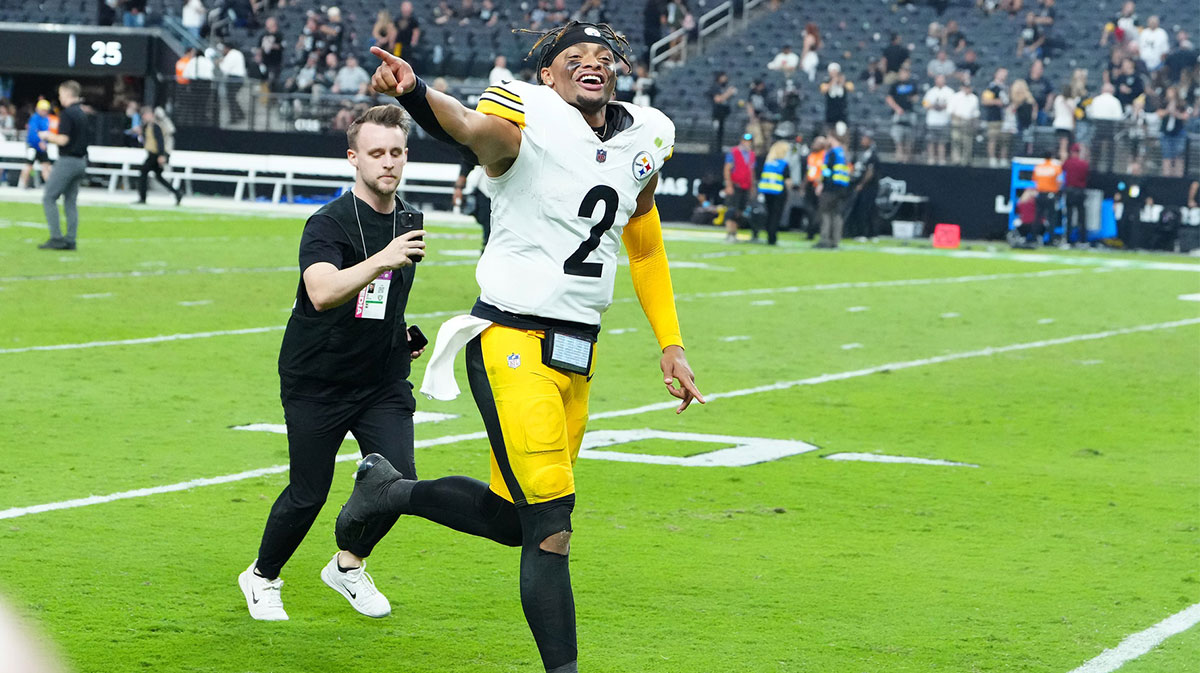
When the Jets pick a starting QB, they go out of their way to show how dedicated they are to him. Case in point, when Aaron Rodgers suffered a torn Achilles in the opening minutes of his Gang Green debut in 2023, the team's most suitable backup option was the predecessor who management cast off to the side in order to accommodate the Super Bowl MVP's arrival. Zach Wilson did enough to help New York earn a thrilling win over the Buffalo Bills, but trouble eventually arose.
Fields is more promising than the former No. 2 overall pick (were both in 2021 draft class) and he is much more fleet-footed than the 41-year-old Rodgers. He comes with his own issues, however. To his credit, Darren Mougey did sign veteran backup and former Pro Bowler Tyrod Taylor to bring welcome experience to the position group. He does not factor into the squad's future, though. What is the contingency plan if Fields underwhelms? There is no clear answer to that question.
Undrafted free agent Brady Cook personally impressed me at the NFL Scouting Combine, displaying more arm talent and accuracy than both the stats and scouts indicated. He also played 47 games in the SEC, so he has faced fierce competition and plenty of NFL-caliber talent. The 23-year-old's numbers with Missouri leaves much to be desired, however.
Cook completed less than 63 percent of his passes during his senior campaign, averaging a modest 211.3 passing yards per game and throwing 11 touchdown passes total. He did endure some injuries, including a wrist issue, which could explain why his production precipitously dropped after a solid 2023 season (3,317 passing yards, 29 total TDs). Even so, waiting to add a QB after the draft seems irresponsible.
Unless Cook was their preferred rookie among the Day 2 and Day 3 choices, the Jets should have used one of their seven picks to select a signal-caller.
Did New York pass on a possible starter?
If Shedeur Sanders winds up avenging his unprecedented tumble into the fifth round and enjoys success with the Cleveland Browns, the Jets will be one of several franchises that incur ridicule for passing on the polarizing athlete.
We can give them a little leeway, since the whole league hesitated to snatch him, but considering the tornado of bad optics that Woody Johnson has brought into the Meadowlands during his 25-year tenure as owner, it is odd to see management draw the line here. Regardless, there were other accomplished college quarterbacks who warranted a serious look.
Syracuse standout Kyle McCord and national champion Will Howard both went off the board after pick No. 180 ( to the Philadelphia Eagles and Steelers, respectively), and Texas' Quinn Ewers was the final QB taken at No. 231 (Miami Dolphins). The Jets traded up 10 spots to No. 176, but chose to snag defensive end Tyler Baron instead. That will be another move that draws the front office scrutiny if it does not work out.
Will the Jets' trust be rewarded, or are they engaging in blind faith?

Even though this crop of QBs did not inspire much confidence from analysts, Darren Mougey and Aaron Glenn should have rolled the dice in the fifth or sixth rounds. Justin Fields is making $30 million guaranteed in his new deal after making just six starts for the Steelers in the 2024-25 season. The Jets should be able to grab a backup without worrying about stepping on his toes.
Besides, one should not discount the advantage of competing against a hungry newcomer in training camp.
Maybe Brady Cook can provide that challenge himself. Or, maybe Fields will face no pressure whatsoever and keep the job all yearlong. That is the optimal outcome, but it cannot be manufactured. He must earn unquestioned starter status.
However, because of the Jets' conservative quarterback approach in the NFL Draft, it may not matter even if he does stumble. They are committed to this voyage, refusing to prepare for overly harsh conditions and putting their trust in an optimistic weather report. And if their forecast is wrong, they will have to wait until the offseason to begin repairs. Hopefully, that will leave enough time for rescue.
So buckle up, fans. An unknown adventure awaits. It could be a thrillingly triumphant one. But bring a life raft just in case.

